Job hopping was once perceived much more negatively by recruiters than it is in today’s employment market. Any applicant whose CV listed lots of jobs over a short period would probably set alarm bells ringing for potential employers. Frequent and short periods of employment would have led most recruiters to at least question how well the applicant was able to integrate into their previous companies, or how well they coped with their work, or how loyal they were. Indeed, back then, the prospect of hiring and developing a job hopper would have been considered a high-risk decision.
Today, however, employers are playing by new rules. Strong social networks, fast technological advancements, and the rapidly changing nature of the workplace has offered much more choice and flexibility to employees; as a result, tenures in lots of organisations are now much shorter than they would have been a decade ago. In fact, a recent Paysa report revealed that even in the top 10 tech companies, the average employee tenure is less than 2 years.
So how can organisations develop Managers in a way that takes into account shorter tenures?
Despite these changing dynamics, retention remains a critical issue, and in order for organisations to hold on to top talent, they must continue to invest in their people.
The majority of new employees in technology titans, such as Apple, Microsoft and Oracle, have less than two years of work experience – new employees may come equipped with technical abilities but they are less likely to arrive with the commercial experience and management capabilities they need to prosper in the corporate world. Indeed, according to the Wall Street Journal, 83% of executives say that it is difficult to find people with soft skills. Whilst this pushes investment in management development to the top of the agenda, it also offers a fantastic opportunity for these organisations to ‘grow their own’.
But, what happens when talented employees uproot shortly afterwards and use their newly acquired skills elsewhere? This is a challenge that all organisations need to address and it calls for a new approach to learning and development that can adapt to both short-term and longer-term requirements.
Laura Ashley-Timms, Coaching Director at Notion, explains, “Live training programmes still have a place on the L&D agenda but there must be an alternative approach that can meet the needs of the ‘new’ learner and the realities of the modern workplace. This is why, after years of research and development, Notion has designed STAR® Manager – a fully blended, 100% virtual, management development programme that provides total flexibility for the organisation and the learner.”
Here, Laura outlines how organisations can win in the short, medium and long-term with this revolutionary new development programme:
Short-Term Wins
The short-term benefits for the individual and the organisation are significant. Unlike traditional classroom-based learning, learners don’t need to wait for the next calendar of training events before they begin. STAR® Manager can be undertaken at the convenience of the learner, and at the point of need. By offering new employees the opportunity to start developing invaluable skills as soon as they join, in a way that is bespoke to their individual needs, the organisation sends a clear message about their commitment to career development.
Also, as learners progress through STAR® Manager they will encounter ‘live missions’ that they must complete in the workplace, ensuring that the organisation sees an immediate and positive impact on performance.
And, if the employee still leaves? Well, because learners start implementing changes right from day one, these early wins – that are reported in commercial terms within STAR® Manager – will show how quickly the original investment was offset by increases in performance and productivity; and the return on investment achieved before the employee left. Additionally, because STAR® Manager is offered on a licence basis when an employee does leave the organisation, the programme can be easily joined by another learner; providing the ultimate flexibility for organisations with short employee tenures.
Medium-Term Wins
STAR® Manager enables the learner to build ‘Operational Coaching®’ skills and to embed an ‘Enquiry-Led ApproachTM’ into their leadership style. Through these unique approaches to leadership, Managers discover more effective ways to lead which can be applied in everyday operational settings. This shift in management behaviour has a transformative effect, not only on the Manager but on the people around them, which results in increased levels of engagement and contribution from employees, however long their tenure.
Long-Term Wins
Although it can be the perfect solution to contend with short-tenures, STAR® Manager certainly isn’t a short term measure.
It has been designed in a way that helps create a cultural shift across the organisation that is robust enough to deal with the transient nature of today’s employees as well as being able to improve commercial results and contribute to the quality of an organisation’s environment.
The scalability and accessibility of STAR® Manager provides a way for organisations to transform behaviours on a wide scale. When Managers adopt ‘Operational Coaching®’ as a habitual behaviour, over the long-term, they will find that they are able to contribute to, and generate, higher levels of social capital, shared problem-solving, greater ownership and increased creativity, which all have a tremendous effect on employee engagement, productivity and performance. This in turn can lead to increases in retention.
Through the creation of exceptional environments such as these, organisations will find it so much easier to attract new employees, and talented employees will find it so much more difficult to make the decision to leave.
Notion is a global expert in behaviour change. For more information about how STAR® Manager can help your organisation generate fantastic commercial results at the same time as building highly desirable environments that people want to work in, click here or call us for an informal consultation on +44 (0)1926 889 885.



